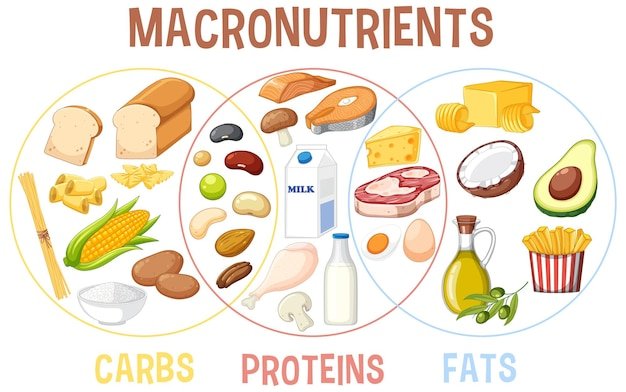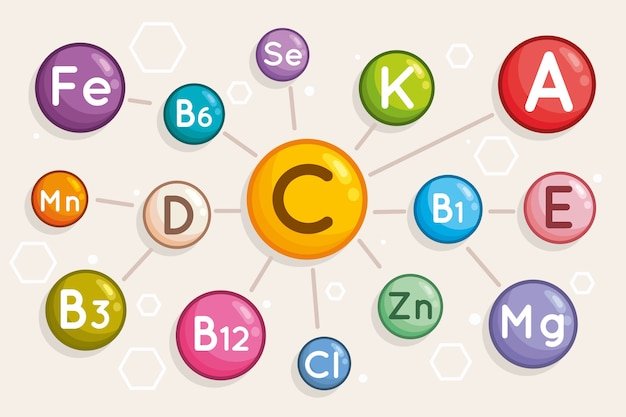LET'S TALK ABOUT NUTRITION
Nutrition is the intake of food & food substances into the body.
Nutrition is one of the vital characteristics of living things
Adequate nutrition is vital for the overall health

Nutrition studies the Nutrients in food, how the body uses them, and the relationship between diet, health, and disease.

A Balanced diet is a meal that contains an adequate amount of all the nutrients required by the body to grow, remain healthy and be disease-free. In addition, a healthy, balanced diet provides the necessary energy requirement, protects against vitamin, mineral, and other nutritional deficiencies, and builds up immunity

IMPORTANCE OF NUTRITION
▪︎ Nutrients provide nourishment.

Proteins, carbohydrates, fat, vitamins, minerals, fiber, and water are all nutrients.
▪︎ NUTRITION PREVENTS DISEASES

: If people do not have the right balance of nutrients in their diet, their risk of developing certain health conditions increases
▪︎ Nutrients provide Calories: The average person needs about 2,000 calories every day to maintain their weight, but the amount will depend on their age, sex, and physical activity level.
Males tend to need more calories than females, and people who exercise need more calories than people who don’t.

▪︎ Nutrition provides nutrients, which can be metabolized to create energy and chemical structures.
TYPES OF NUTRIENTS
A) MACRONUTRIENTS:

THEY are Nutrients that people need in relatively large quantities.
Examples are : Carbohydrates, Protein, Fats , Water
B)MICRONUTRIENTS:

They are essential in small amounts. They include vitamins and minerals.
MINERALS ARE SUBDIVIDED INTO
MACROMINERALS & MICROMINERALS: The body requires a number of minerals in order to maintain its proper functioning.
The minerals are used for a variety of physiological processes such as building blood and bone, making hormones, regulating heartbeat, and more
MACROMINERALS ; Macrominerals are needed in large amounts. Trace minerals are needed in very small amounts.
The macrominerals are calcium, phosphorus, magnesium, sodium, potassium, chloride, and sulfur.
MICROMINERALS: The trace minerals are iron, manganese, copper, iodine, zinc, cobalt, fluoride, and selenium
NUTRITIONAL DISORDERS
They include;
▪︎ PROTEIN ENERGY MALNUTRITION/UNDERNUTRITION
▪︎ OVERNUTRITION
▪︎ OBESITY

▪︎ RICKETS & OSTEOMALACIA
HOW TO PREVENT NUTRITIONAL DISORDERS
▪︎ EATING BALANCED DIET

▪︎ ADEQUATE HYDRATION

▪︎ MONITORING CALORIE INTAKE

▪︎ TAKING HEALTH SUPPLEMENTS

Thank you for Reading ❤